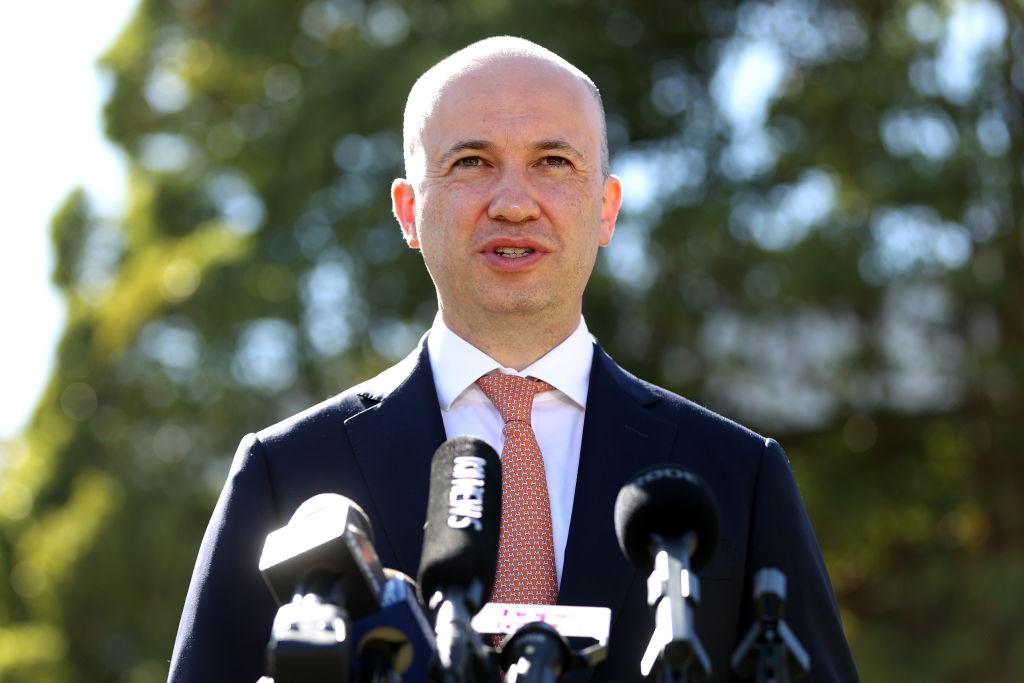The New South Wales (NSW) state election is heating up, with politicians from the incumbent government and the opposition party butting heads over the privatisation of state-owned assets.
On March 9, NSW Treasurer Matt Kean rebutted Labor’s allegations that the state’s residents had to bear higher energy costs due to the privatisation of electricity distribution company Ausgrid and Endeavour Energy, which is responsible for operating the NSW electricity network.





